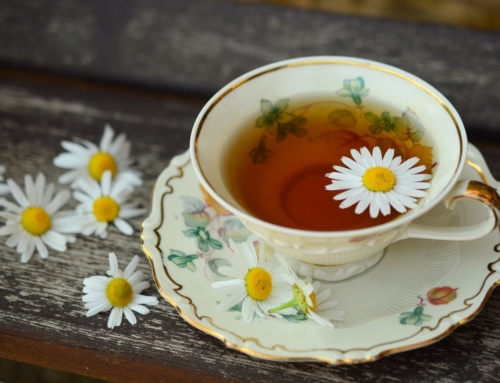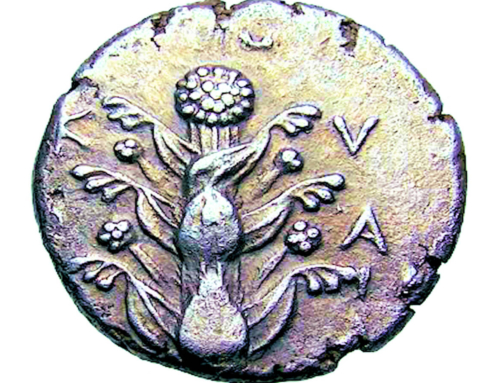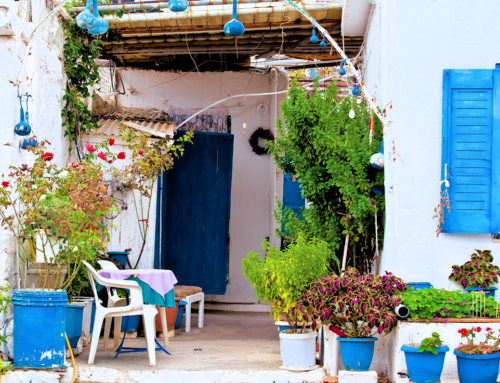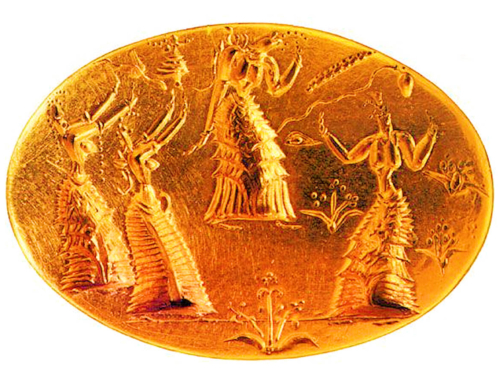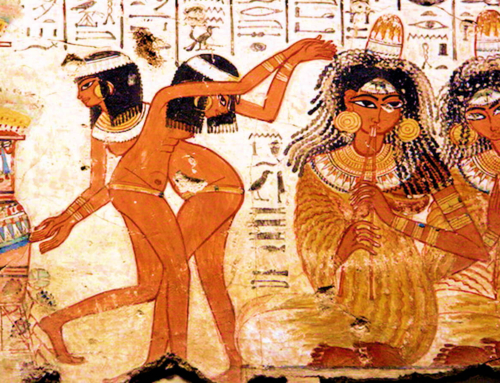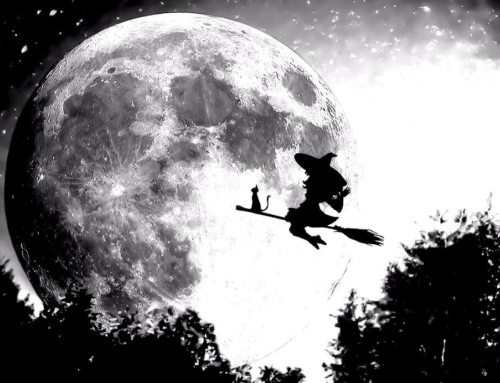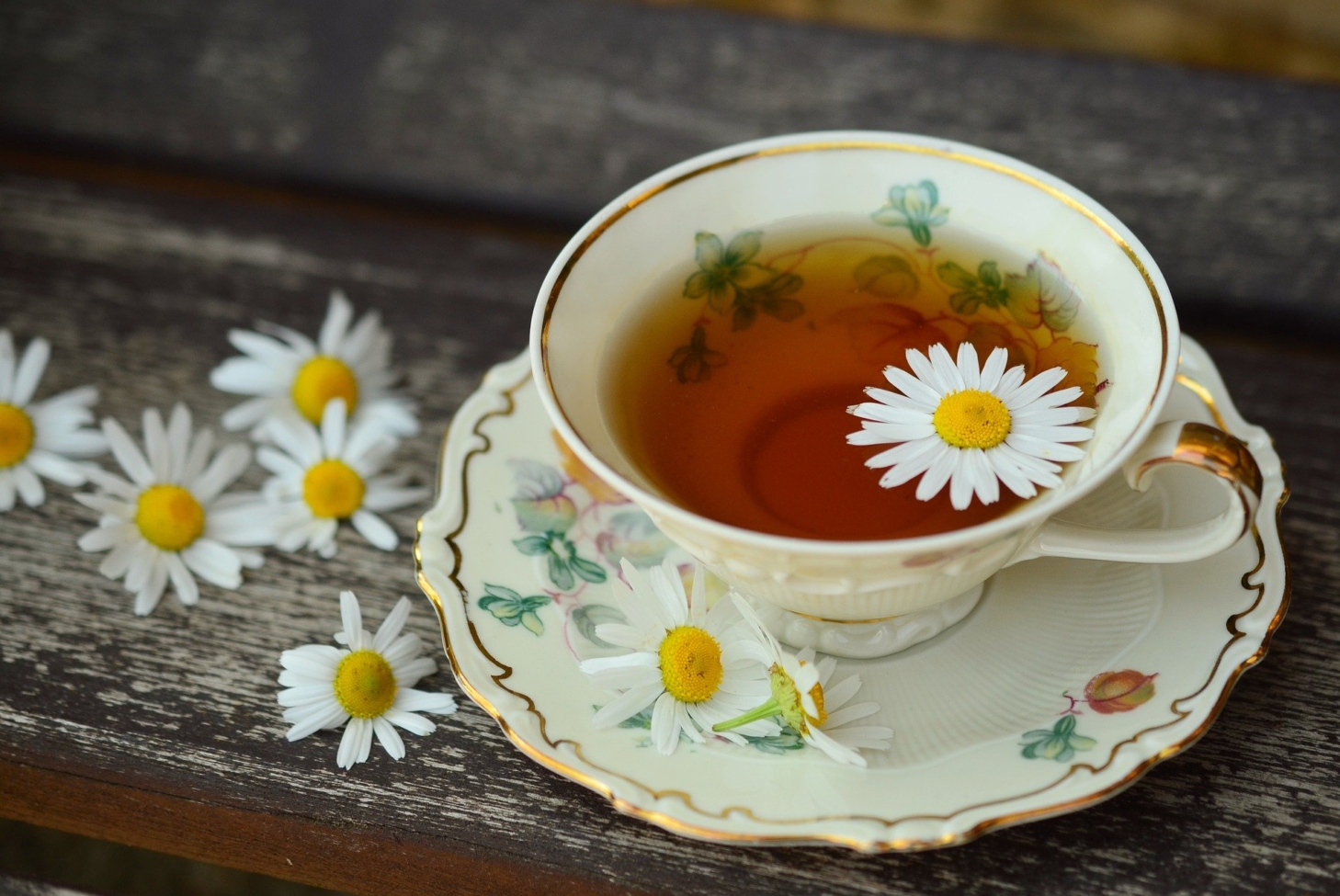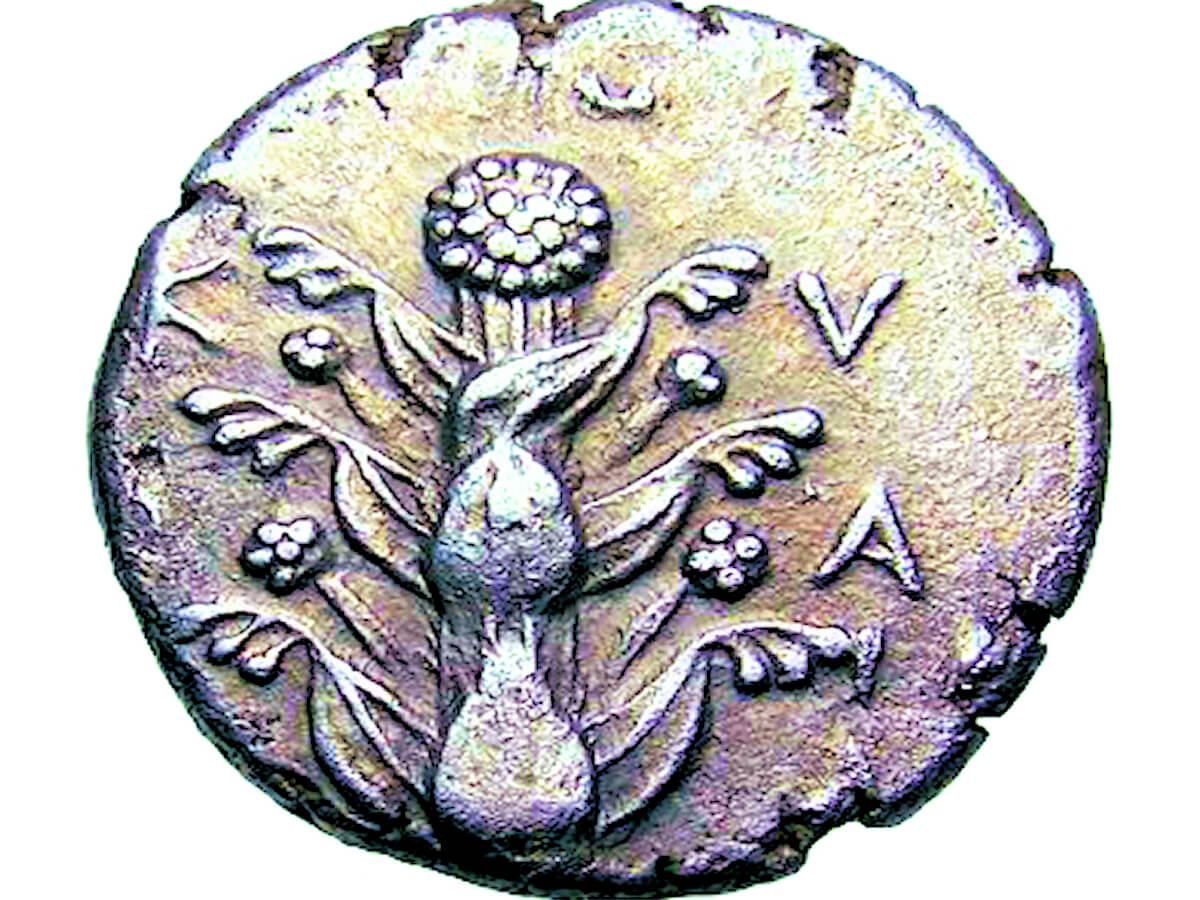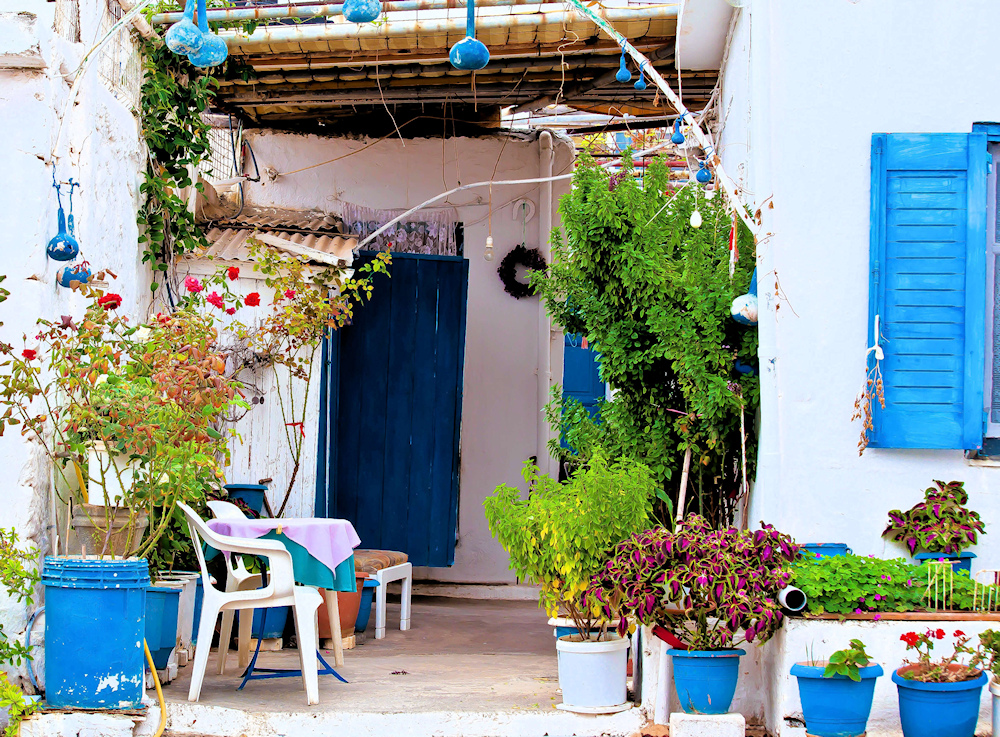Shamanism For All
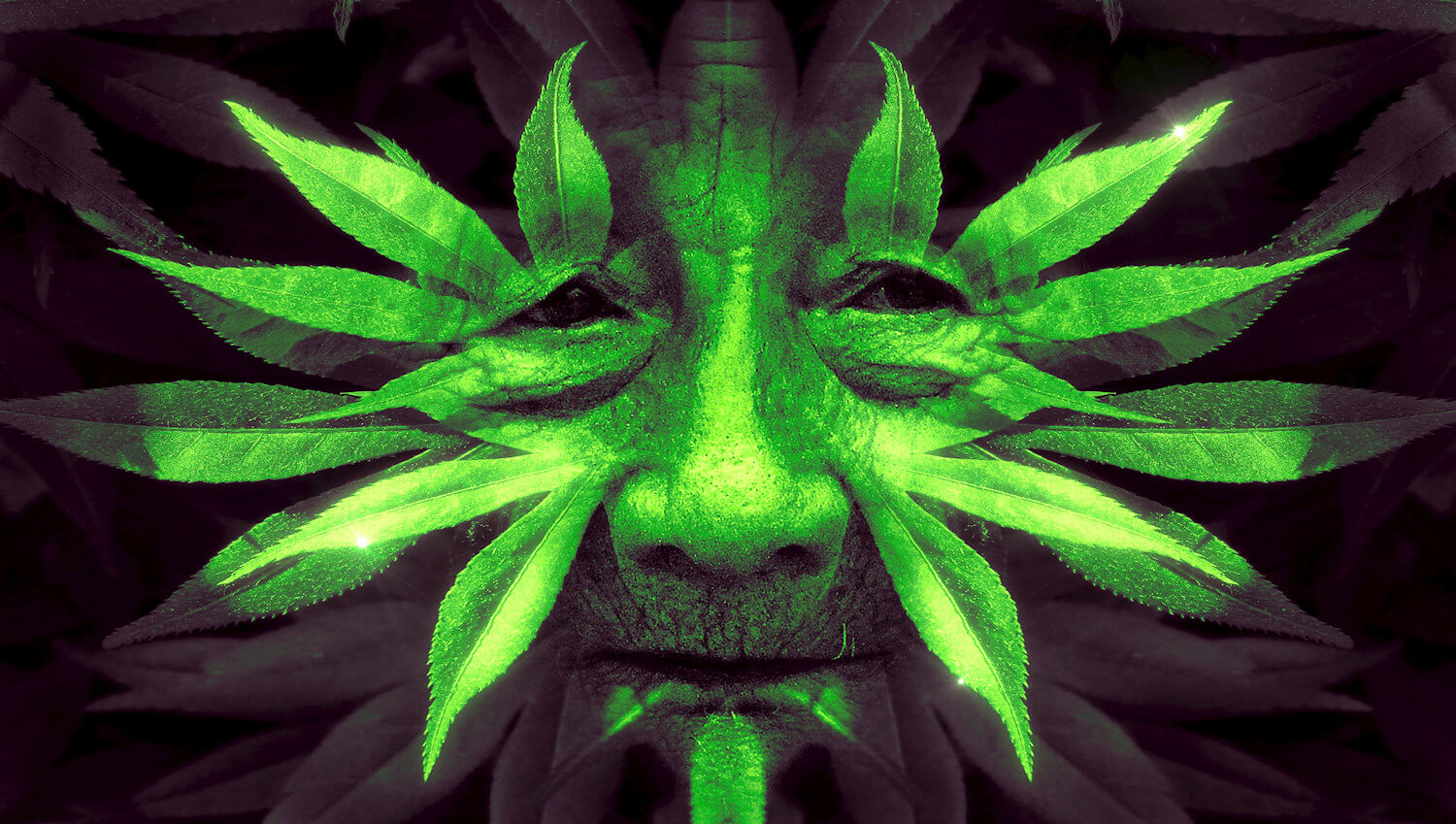
What is Shamanism?
We can find versions of the word shaman in ancient languages from Siberia, China, India, Greece and more. Possibly one of the oldest words that we use, shaman now means many different things depending on where you are. Shamans are people who use prayer, meditation, divination, hallucinogens, music, deprivation, contact with nature and much more, to connect with a divine, ancestral, or subconscious source of wisdom, healing information, or power to create change.
Who Can Be a Shaman?
Shamans exist or existed in all ethnicities, and most languages have their own word to describe these people’s role in the community. Shamanic practices have best survived in tribal or prayer communities where nature is still at the center of healing practices. In these traditional societies, shamans usually study or apprentice for a long time and/or belong to a certain family or clan group.
Fortunately, there are many shamanic tools that are available to all of us. Meditation is the simplest and is often the first step for advanced spiritual practices. The act of deep breathing and avoiding distractions leads us to a relaxed state in which we can more easily access our own subconscious. Other tools such as candlelight, drumming or ancient meditative poses can easily be added to create a more profound shamanic experience.
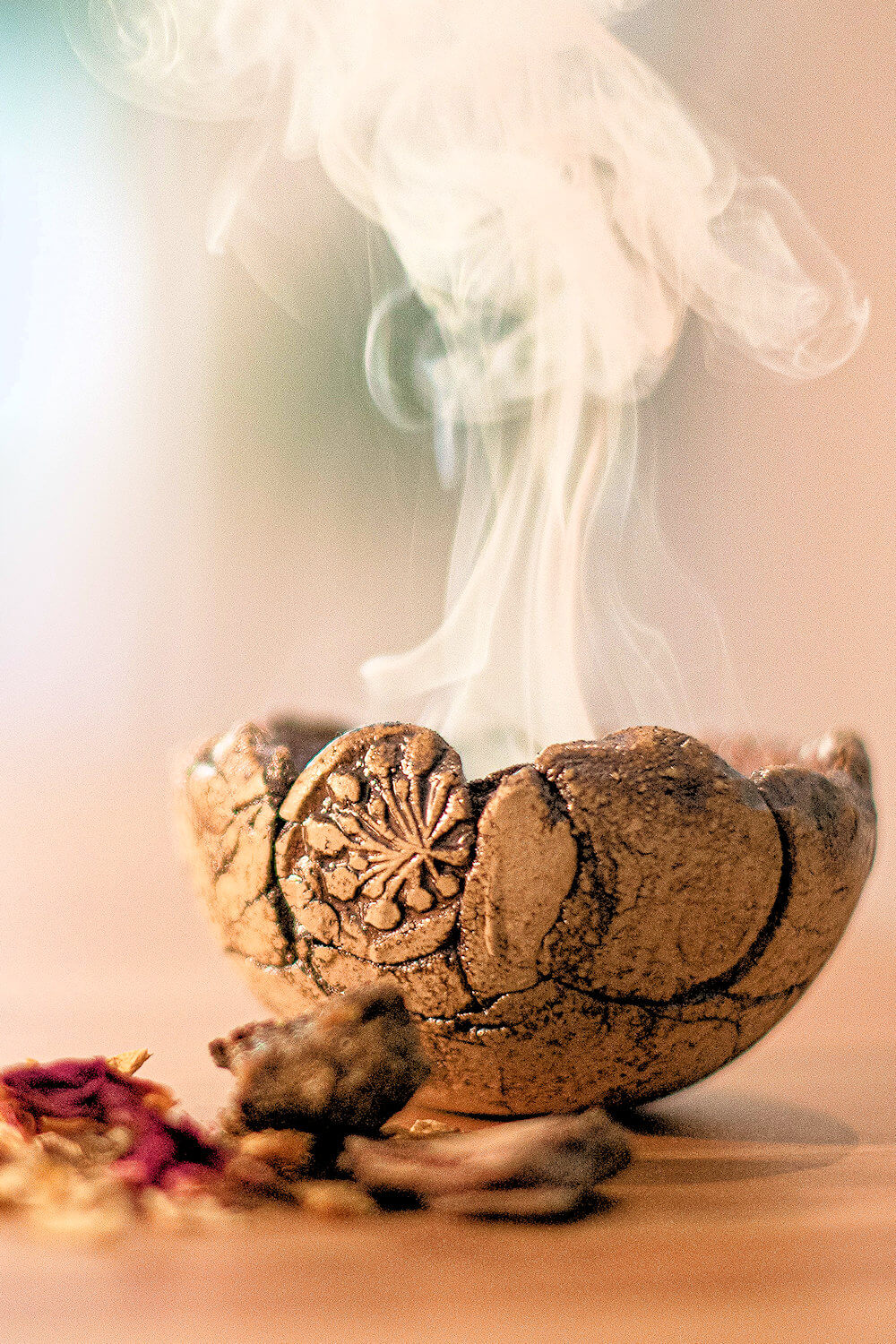
Creating a Responsible Practice
Using shamanic tools creates a connection with the spiritual side of us, which separates us from our normal connection to the material or physical world. This should always be done with clear intention, positive energy, a protected space and a ritual act that begins and ends the experience. Beginners should be especially careful to choose an appropriate place for the practice, making sure to exit the altered state before moving on to daily routines.
Advanced practices, such as vision quests, sweat lodges, ayahuasca or other hallucinogenic substances, should only be engaged in with a qualified person, who has been trained in all the traditions and safety measures necessary. A professional shaman will have special tools to guide a spiritual connection and elements of nature will be provided for protection. Common tools across cultures are medicinal plants, music, baths, feathers, flowers, shells, fire, stones, symbols and special prayers passed down through generations.
Traditional communities around the world have faced oppression of their spiritual practices in the creation of the modern world. There are many words in many languages to describe these people. Some of them only work with their own people. Others have made themselves available to people whose culture no longer offers them this option.
On one hand, it is important that everyone have a chance to experience spiritual healing if they need it. On the other hand, borrowing spiritual practices must be done extremely respectfully. Many Indigenous communities around the world have had problems with outsiders who do not want to follow the guidelines of the shaman teacher or elders. Giving thanks, respecting the decisions of the elders and giving back to the group are basic pillars of spiritual practice. They are especially important for those of us who have the honor of being taught by wisdom carriers of other cultures.
Want to Learn More?
There are books and articles from all over the world that you can read. You can take classes locally, online or at international study centers or try participating in a ceremony or group experience. When you are ready to go deeper you can go to a shaman for an individual healing session. When choosing a shaman to work with, make sure that you have real references and that the person is authorized to practice by the elders of the tradition that they are following. Always use your instinct, making sure that you feel safe and connected to the most positive energy out there.
The essence of shamanism is knowing, so make sure you know what you are doing, why you are doing it, what you are offering, who you should be thanking and when and where to practice.
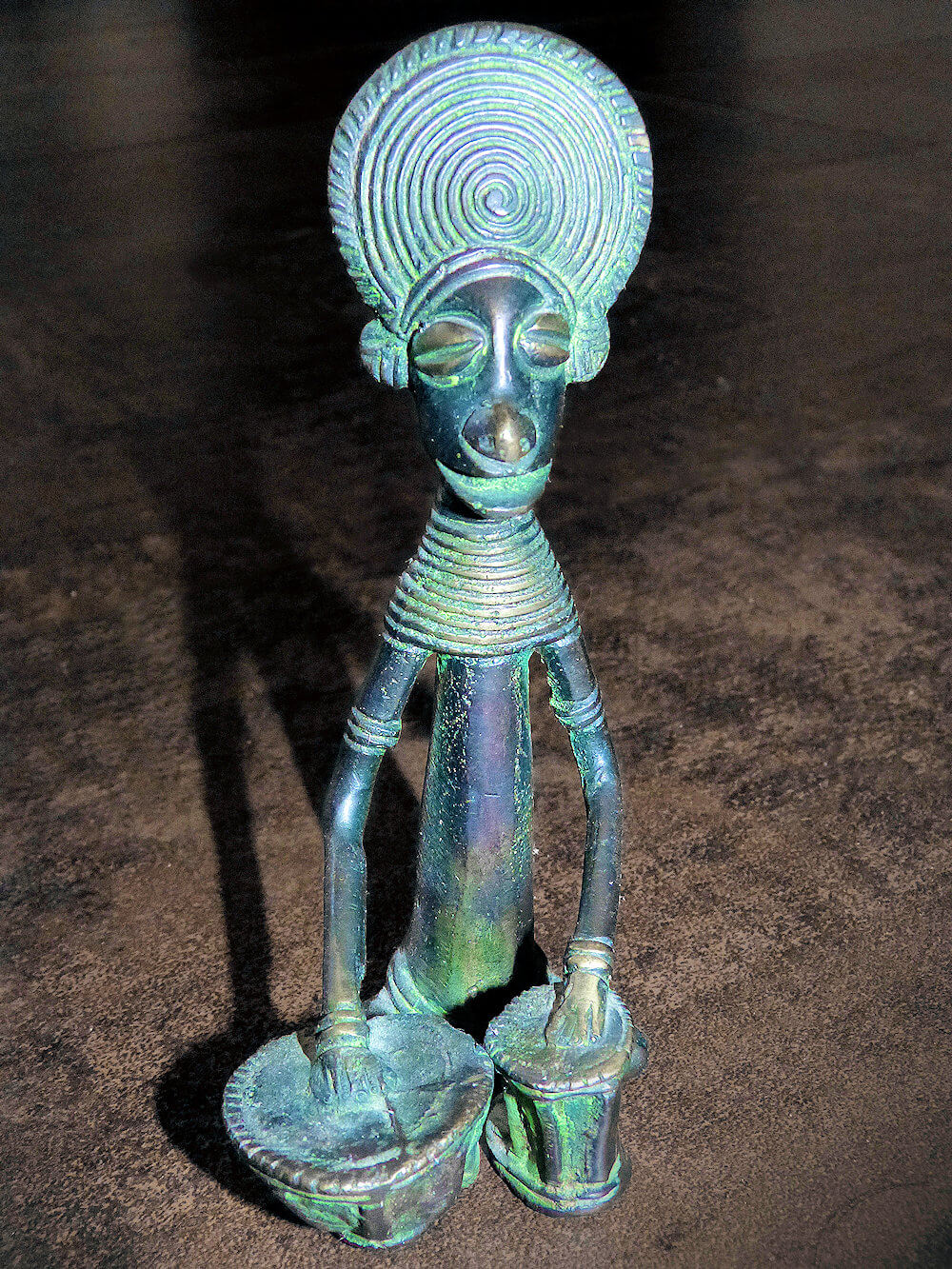
Recommended Reading
Recommended Disciplines
Giving thanks to all my amazing teachers and elders. Feel free to add your own recommendations in the comments box below…




